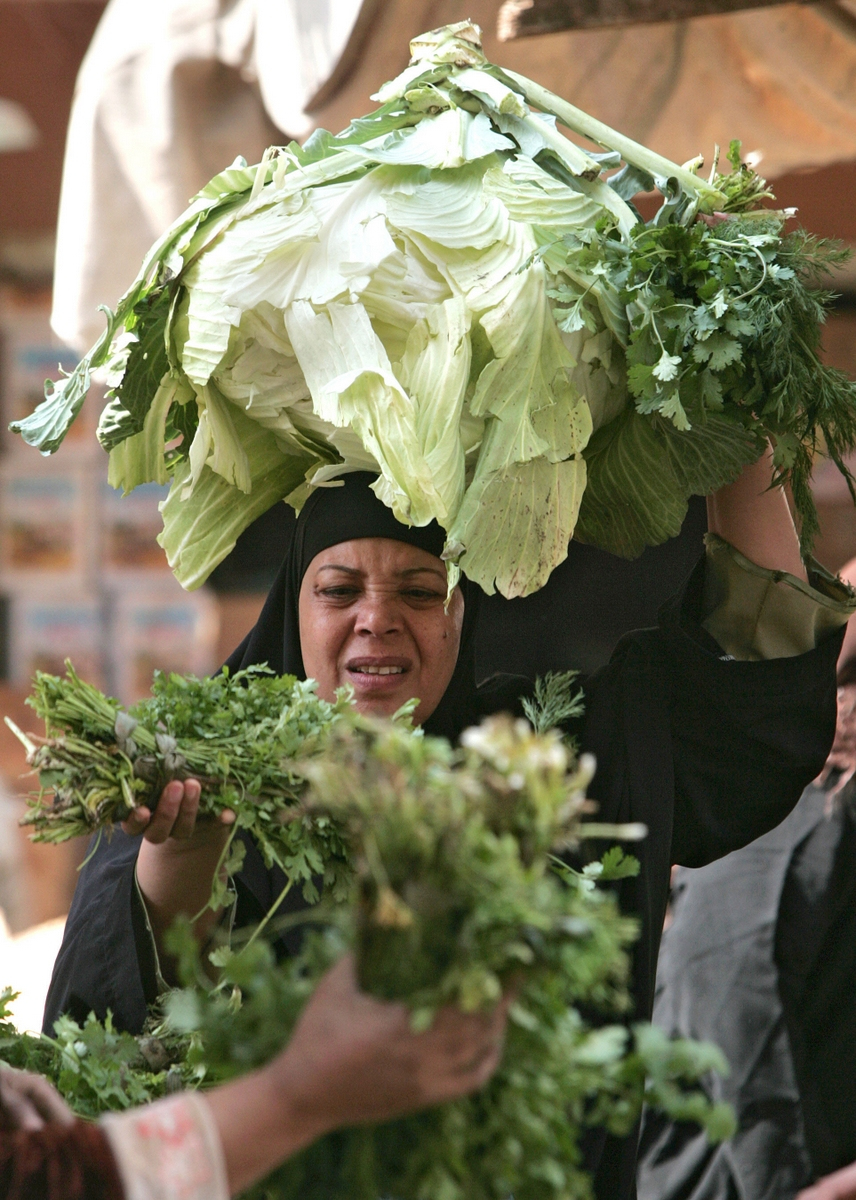TOKYO: Iranian Foreign Minister Manouchehr Mottaki said Monday he remained hopeful that a nuclear fuel swap deal with Brazil and Turkey would go ahead despite a frosty reaction from the United States.
"I don’t expect that the deal will fail because of the US position," Mottaki said at a news conference in Tokyo ahead of a meeting with Japanese counterpart Katsuya Okada.
"I can’t say how big the chance is in percentage terms, but I have great hopes for the realisation of the deal," he said, according to a Japanese translation of his remarks, which were made in Farsi.
Turkey and Brazil brokered a deal with Tehran earlier this month under which Iran has committed to deposit 1,200 kilograms (2,640 pounds) of low-enriched uranium in Turkey in return for reactor fuel.
But the deal drew a cool reaction from world powers led by the United States, which has pushed for new sanctions against Tehran.
Western governments say the deal fails to address concerns about Iran’s nuclear program.
France and Russia had previously offered to supply Iran with the higher-enriched fuel.
Referring to the deal with Ankara and Brasilia, Mottaki said: "The deal was different because it was built on mutual trust, but it was the same as previous proposals in that it was a swap deal."
He also said that "Japan has made a similar proposal in talks with the Iranian ambassador to Japan."
In February, Iran’s parliamentary speaker Ali Larijani said in Tokyo that Iran would study a Japanese offer to enrich uranium for Tehran to allow it access to nuclear power for peaceful purposes.
Mottaki said Monday that "the plan to ship 1,200 kilograms of uranium to Japan was also discussed, because we have trust in countries like Japan, Turkey and Brazil."
"Then finally we reached the deal that we ship 1,200 kilograms to Turkey. We’d hoped that there would be a four-party deal including Japan."
Mottaki reiterated that Iran is committed to the civilian use of its nuclear power and observing the nuclear nonproliferation treaty as well as the rules of the UN nuclear watchdog the International Atomic Energy Agency.
He also accused Israel of being "the only country in the Middle East that holds nuclear weapons" and called for it to ratify the nuclear non-proliferation treaty.



